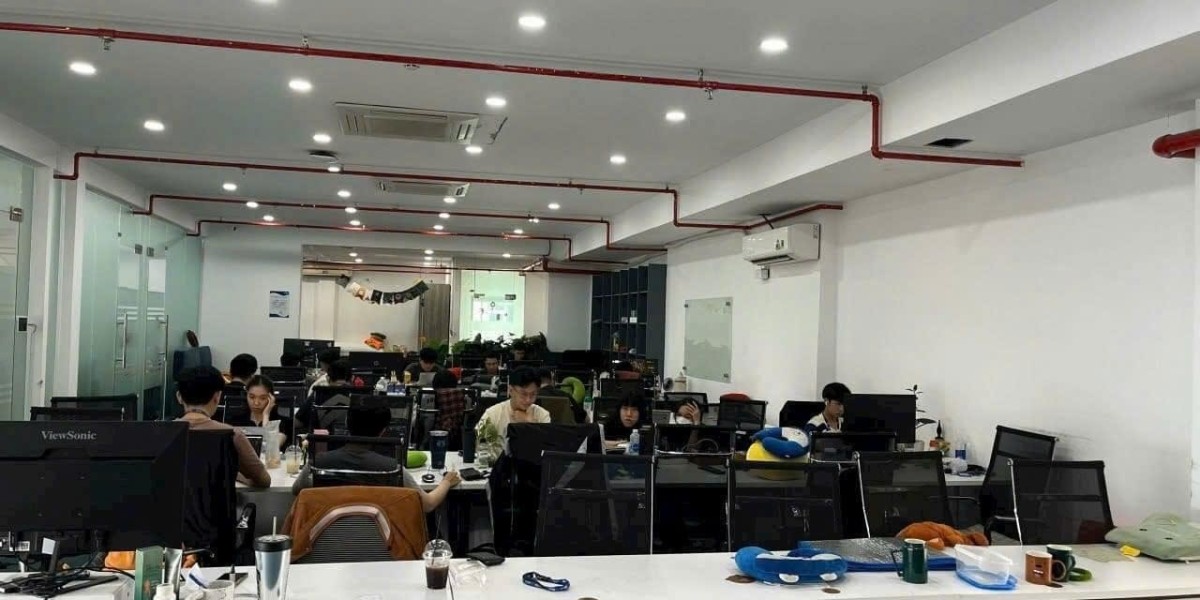With technology evolving at an unprecedented pace, ERP solutions are adapting to meet the growing and changing demands of organizations. Let’s dive into the key trends shaping ERP systems in 2025 and understand how they are transforming business management.
1. The Growing Shift to Cloud-Based ERP
Cloud-based ERP systems have become the go-to choice for companies looking to reduce infrastructure costs and improve flexibility. Unlike traditional on-premise setups, cloud solutions allow businesses to access their systems securely from any location, making them ideal for today’s remote and hybrid work models.
Why businesses prefer cloud ERP:
- Pay-as-you-go pricing reduces initial costs.
- Regular updates keep systems current and secure.
- Remote accessibility boosts collaboration among teams.
Top players like NetSuite, SAP, and Microsoft Dynamics are leading the charge, offering robust cloud-based platforms tailored to various industries.
2. Artificial Intelligence and Machine Learning Transforming ERP
AI and ML technologies are reshaping ERP systems, making them smarter and more efficient. By analyzing large volumes of data, these technologies help businesses anticipate challenges, optimize processes, and make informed decisions.
Examples of AI in ERP:
- Predicting inventory needs to avoid overstocking or shortages.
- Automating repetitive tasks, like data entry or invoice matching.
- Providing insights through advanced analytics and dashboards.
AI-driven features empower businesses to operate proactively, saving both time and money.
3. User-Centric Design Takes Center Stage
As ERP systems grow more sophisticated, ease of use has become a top priority. Vendors are focusing on creating intuitive interfaces that simplify navigation and reduce training time.
New features enhancing usability include:
- Drag-and-drop tools for customization.
- Mobile-friendly dashboards for on-the-go access.
- Built-in support through chatbots or guided walkthroughs.
These innovations make ERP systems accessible to all employees, regardless of technical expertise.
4. Tailored Solutions for Specific Industries
Industry-specific ERP solutions are gaining traction, offering businesses tools and workflows designed to meet their unique needs. This approach reduces the complexity of customization and ensures a better fit for operational demands.
Popular examples include:
- Manufacturing-focused ERPs with tools for production planning and inventory control.
- Retail-specific platforms with advanced point-of-sale (POS) and supply chain management features.
- Healthcare ERPs designed for patient records, billing, and regulatory compliance.
Tailored solutions enable businesses to get up and running quickly while addressing their sector’s pain points.
5. IoT Enhancing Connectivity and Insights
The Internet of Things (IoT) is revolutionizing ERP systems by connecting devices and gathering real-time data. Businesses can now monitor operations more closely and make data-driven adjustments to improve efficiency.
How IoT complements ERP systems:
- Real-time tracking of inventory and shipments.
- Monitoring the performance of machinery and equipment.
- Enhancing supply chain transparency and decision-making.
By integrating IoT, organizations gain unprecedented visibility and control over their operations.
6. Sustainability and Green ERP Solutions
With sustainability becoming a global priority, businesses are looking for ERP systems that help them track and reduce their environmental impact. Green ERP solutions focus on improving efficiency while aligning with eco-friendly practices.
Key features include:
- Monitoring energy use and greenhouse gas emissions.
- Optimizing logistics to reduce fuel consumption.
- Ensuring compliance with environmental laws and standards.
These tools enable businesses to meet sustainability goals while improving operational efficiency.
7. Blockchain for Greater Security and Transparency
Blockchain technology is gaining momentum as a reliable way to enhance the security and integrity of ERP systems. By providing a decentralized ledger, blockchain ensures that data remains tamper-proof and transparent.
Applications of blockchain in ERP:
- Securing supply chain transactions.
- Automating contracts using blockchain-based smart contracts.
- Enhancing trust among business partners with transparent record-keeping.
This technology is particularly beneficial for industries requiring stringent data integrity and security.
8. Advanced Analytics and Business Intelligence
Modern ERP systems are embracing powerful analytics and business intelligence tools, enabling organizations to extract meaningful insights from their data. These tools help businesses understand trends, improve performance, and make strategic decisions.
Key features include:
- Real-time data visualization through dynamic dashboards.
- Self-service reporting for faster insights.
- Predictive analytics to anticipate future trends and challenges.
Analytics-driven ERP systems empower businesses to stay competitive by enabling smarter decisions.
9. Integrations with Other Business Tools
ERP systems are no longer standalone solutions. Today’s platforms seamlessly integrate with other business tools such as CRM systems, HR management software, and e-commerce platforms.
Benefits of integration:
- Unified customer data improves sales and marketing efforts.
- Streamlined HR processes simplify payroll and employee management.
- E-commerce integration ensures accurate inventory tracking and order management.
This connectivity ensures that businesses can manage all their operations from a single, cohesive platform.
10. Growing Adoption in Emerging Markets
Emerging markets like India are witnessing significant ERP adoption, driven by the growth of small and medium enterprises (SMEs) and government-led digitization initiatives. These businesses are increasingly partnering with "NetSuite Partners in India" to implement localized ERP solutions that meet their specific needs.
By working with regional experts, companies can ensure a smooth transition to ERP systems, leveraging tailored features and industry insights.
Final Thoughts
ERP systems are evolving rapidly, offering businesses more than just process management tools. By adopting the latest trends like AI, IoT, and blockchain, companies can improve efficiency, enhance decision-making, and achieve sustainable growth.
To fully leverage these advancements, choosing the right ERP partner is essential. With expert guidance, businesses can stay ahead in a competitive marketplace while ensuring their ERP investment delivers long-term value.




